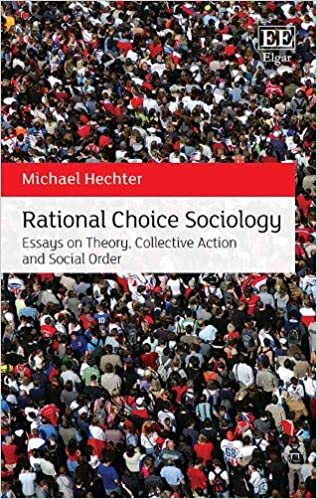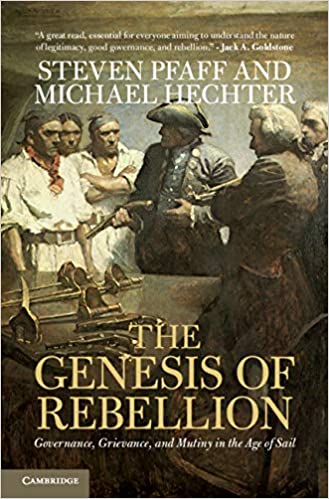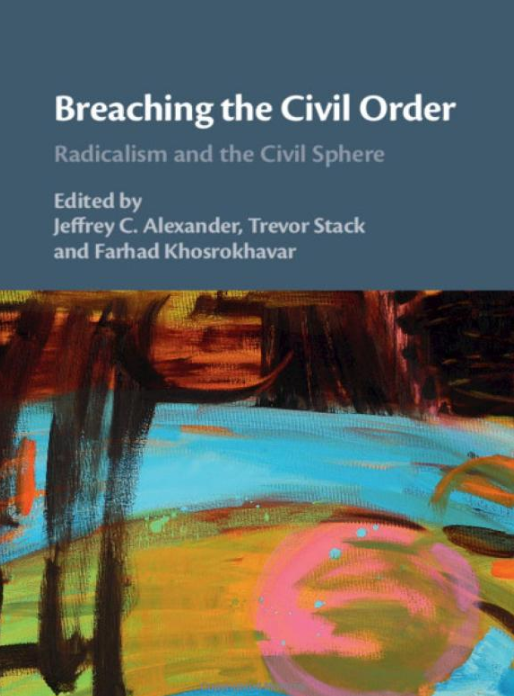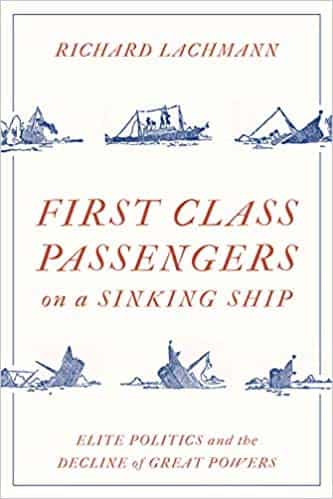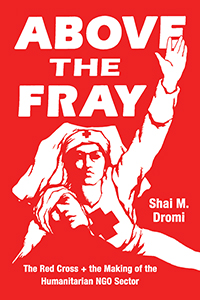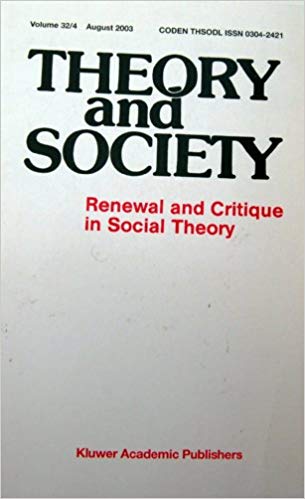Here are some recent publications from members of our section:
Burchardt, Marian, and Ann Swidler. “Transplanting Institutional Innovation: Comparing the Success of NGOs and Missionary Protestantism in Sub-Saharan Africa.” Theory and Society 49 (2020): 335-64. https://doi.org/10.1007/s11186-020-09380-7
Hammer, Ricarda. 2020. Decolonizing the Civil Sphere: The Politics of Difference, Imperial Erasures, and Theorizing from History. Sociological Theory. https://doi.org/10.1177/0735275120921215
Luft, Aliza. 2020. Theorizing Moral Cognition: Culture in Action, Situations, and Relationships.” Socius: Sociological Research for a Dynamic World. 6:1-15.
Luft, Aliza. 2020. “Religion in Vichy France: How Meso-Level Actors Contribute to Authoritarian Legitimation.” European Journal of Sociology. 1-35.
Luft, Aliza. 2020. “Three Stories and Three Questions about Participation in Genocide.” Journal of Perpetrator Research. 3(1), 196-206.
Singh, Sourabh. 2020. To rely or not to rely on common sense? Introducing critical Realism’s insights to social network analysis. Journal for the Theory of Social Behaviour. https://doi.org/10.1111/jtsb.12241

